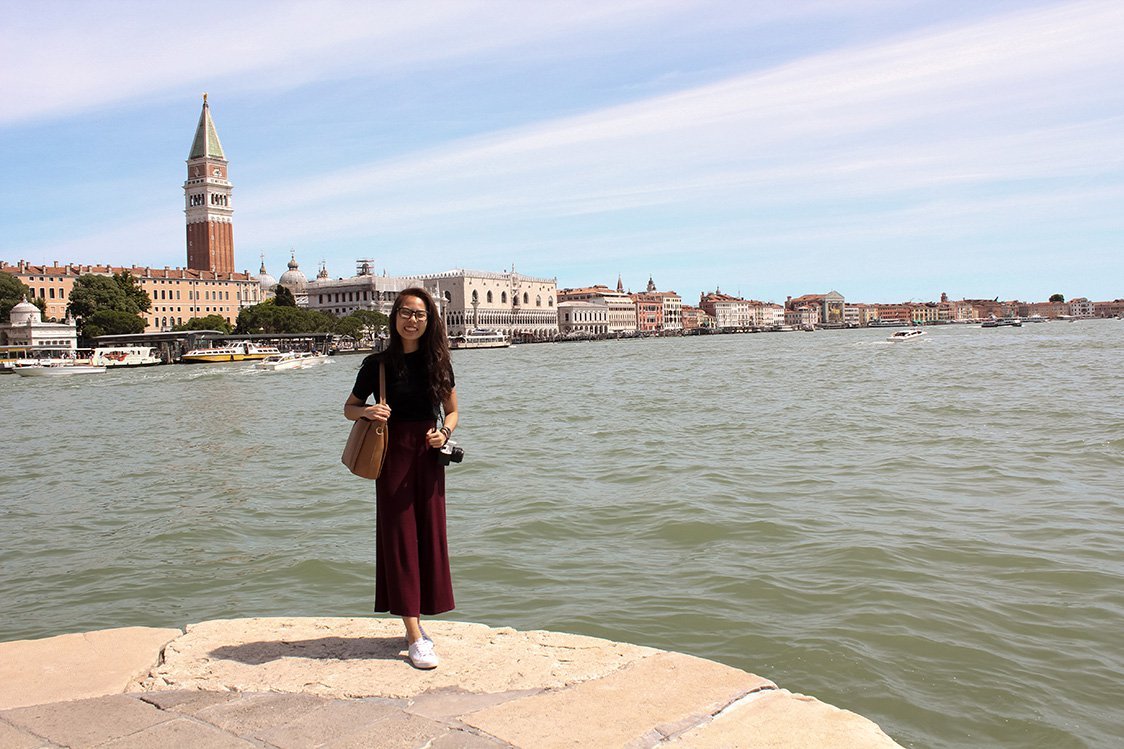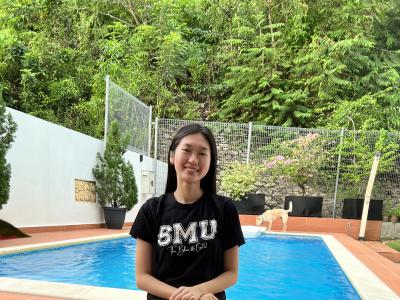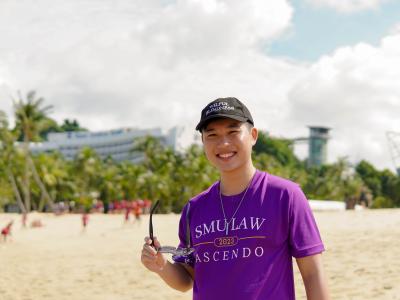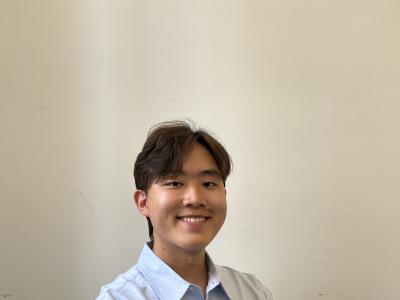
Last June, a group of us from the various SMU schools embarked on the Arts and Culture Management Study Mission (ACMSM) to the Venice Biennale and Documenta. Each carrying a passion and interest in championing the arts, we went with open minds and excited hearts towards a timely opportunity to engage with the art world at this pinnacle collision of two important mega art exhibitions.
2017 was an opportune year for the art world. Venice Biennale, which was founded in 1895, is a biennial mega art exhibition showcasing works from all around the world. It is often referred to as the birth of the biennale phenomenon. The term Biennale is now widely used in the arts and cultural sector as a common reference to a mega art exhibition or event. Occurring every two years, its collision with Documenta is the decennial climax of the art world—with the Documenta organised once every five years in Kassel, Germany. An increasingly globalised event that showcases curatorial innovation, sociopolitical discourse and organisational feat lay ground to our investigation into the various aspects of the biennale phenomena.

After our first dinner in Venice
As a prelude to our study mission, we had attended the Singapore Biennale Symposium held in January 2017 at the National Museum of Singapore. It was interesting to see how the Biennale right at our doorstep (quite literally as SMU’s De Suantio Gallery was a space for one of the artworks of the Singapore Biennale) had approached the idea of the Biennale within our Southeast Asian context. Coming out of that Symposium, we engaged in discussions about the significance of such art events in Singapore and what it meant to have a Singaporean presence on the international platform. We were also intrigued by how such an event is organised, observing that the mechanisms that go into the setting-up and sharing of an exhibition of this scale require expertise in not only the arts but also a multifaceted grasp of management. Assoc Prof Kwok Kian Chow had also invited speakers such as artist Vincent Leow, who represented Singapore at the 52nd Venice Biennale, to provide insight into our discussions. It was these fruitful pre-trip sessions that deepened our understanding of the mega art events as we developed our own research topics for the trip.
Meeting up in Venice, we began our trip by immediately immersing ourselves in the sights and sounds of the city over dinner. In reviewing everyone’s topics of interest, we decided to focus on the overarching ideas of history, geography and management, touching on one topic per nightly gathering. Both in Venice and Kassel, armed with exhibitions tickets, we were given the freedom to gather primary data for our research topics at the various pavilions within the Biennale.

Bianca Bonaldi, organiser of the Personal Structures Open Borders Exhibition, shared with us her experience working in the GAA Foundation. Photo courtesy of Assoc Prof Kwok Kian Chow.
By day, we were given the space to dive into various exhibitions and witness the international exchange of ideas and innovation. Symbiotic to our personal research essays, we were fortunate to have Assoc Prof Kian Chow as our guide and mentor as he brought us on various sharing sessions with industry experts. Guiding us around the exhibition space of Personal Structures, Bianca Bonaldi shared her experience of working in the GAA Foundation, a non-profit organisation that facilitates the planning and bringing of artists and works into an exhibition in the context of the Venice Biennale. We were also graced with a talk by Paolo De Grandis, President of PDG Arte Communications, as we walked through the Pavilions of Andorra, Mauritius and Mongolia. In an exposé of the history of biennales, we reflected on the future of Biennales and how PDG Arte Communications approaches these changes in a dynamic way. It was interesting for us to see how two different institutions approached the Venice Biennale and the unique ways in which they address the ever-changing form of this international event.

Sharing a home-cooked dinner on our last night in Kassel with Kari Immonen, Director of Turku Art Museum
By night, we exchanged our own views about what we had experienced and the thoughts that led our musings. It was during these night meetings where we gathered around our DIY dinners and hosted surprise guests too! At Assoc Prof Kian Chow’s invitation, both Dr Ray Langenbach (Professor at University of Arts Helsinki) and Haffandi Anuar (an artist from Malaysia) joined us in our conversations in Venice about the Biennale, art, and Southeast Asia’s place in the grand scheme of things. Similarly, in Kassel, Kari Immonen (Director of Turku Art Museum) joined us for our last dinner together, sharing with us his opinions on Documenta14 and the differences between Finland and Singapore. Their candid sharing gave us a broader perspective of the arts and cultural scene and insights into how each person, regardless of cultural identity, interacts with the arts.

ACMSM members resting after preparation for the Open Borders—Southeast Asia forum
As part of our study mission, we were also engaged in co-organising the Open Borders Forum featuring Southeast Asian artists with the GAA Foundation. Being part of organising a forum about Southeast Asian art in Europe was very exciting as we worked alongside the GAA foundation team to help set up as well as market and document the event. Creating a platform in Venice for Southeast Asian artists to share more about their work illustrated to us the importance of opportunities and how arts managers can be vehicles to enable artists to reach further and wider.
Alongside the Venice Biennale and the Documenta, we also had time to experience the culture of the cities we were in. Being submerged in historic places meant that every corner had something for us to discover. Moving around in our small group meant that we also got to learn about each other a lot more as well, relying on one another for directions. Searching for the best food deals made the trip even more memorable!

Paolo De Grandis sharing with us his experience as a curator and President of PDG Arte Communications after a walk through the Andorra, Mauritius and Mongolia pavilions. Photo courtesy of Assoc Prof Kwok Kian Chow.
Overall, the experiential learning throughout the ACMSM allowed us to gain a greater perspective, both in breadth and depth, of the joint relationship between management expertise and the art itself in sharing a common goal of encouraging innovation and discourse through the arts. The opportunity to witness this exchange first hand with our peers is something that we will treasure for a long time to come.
The original version of this blog can be found here.


